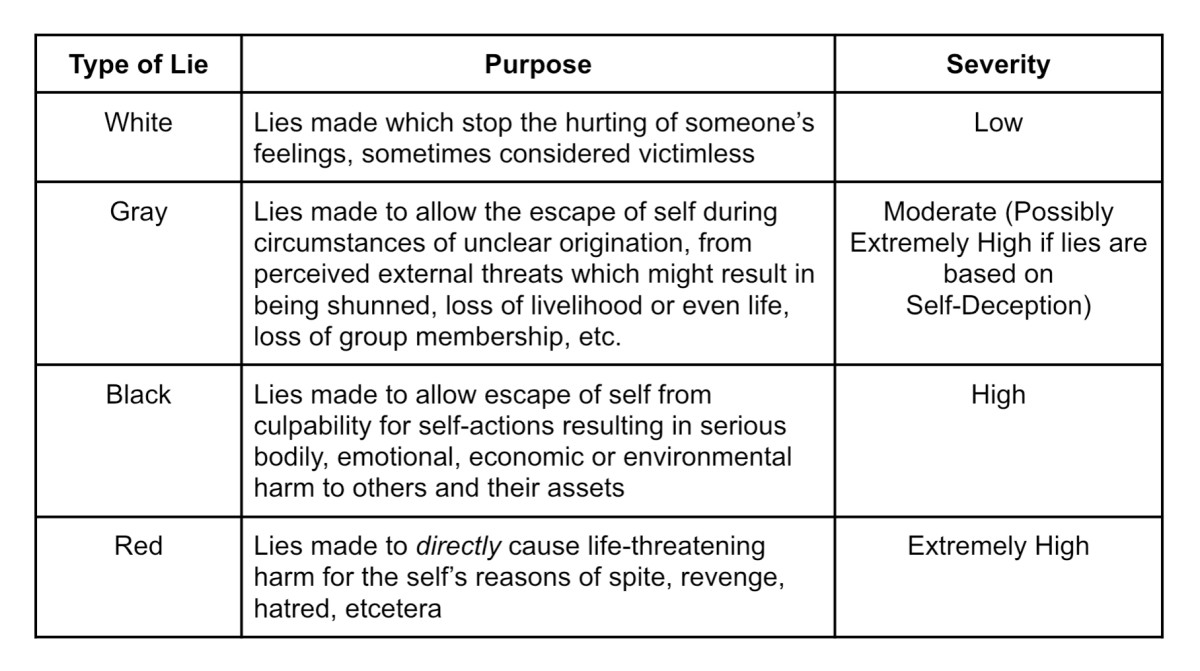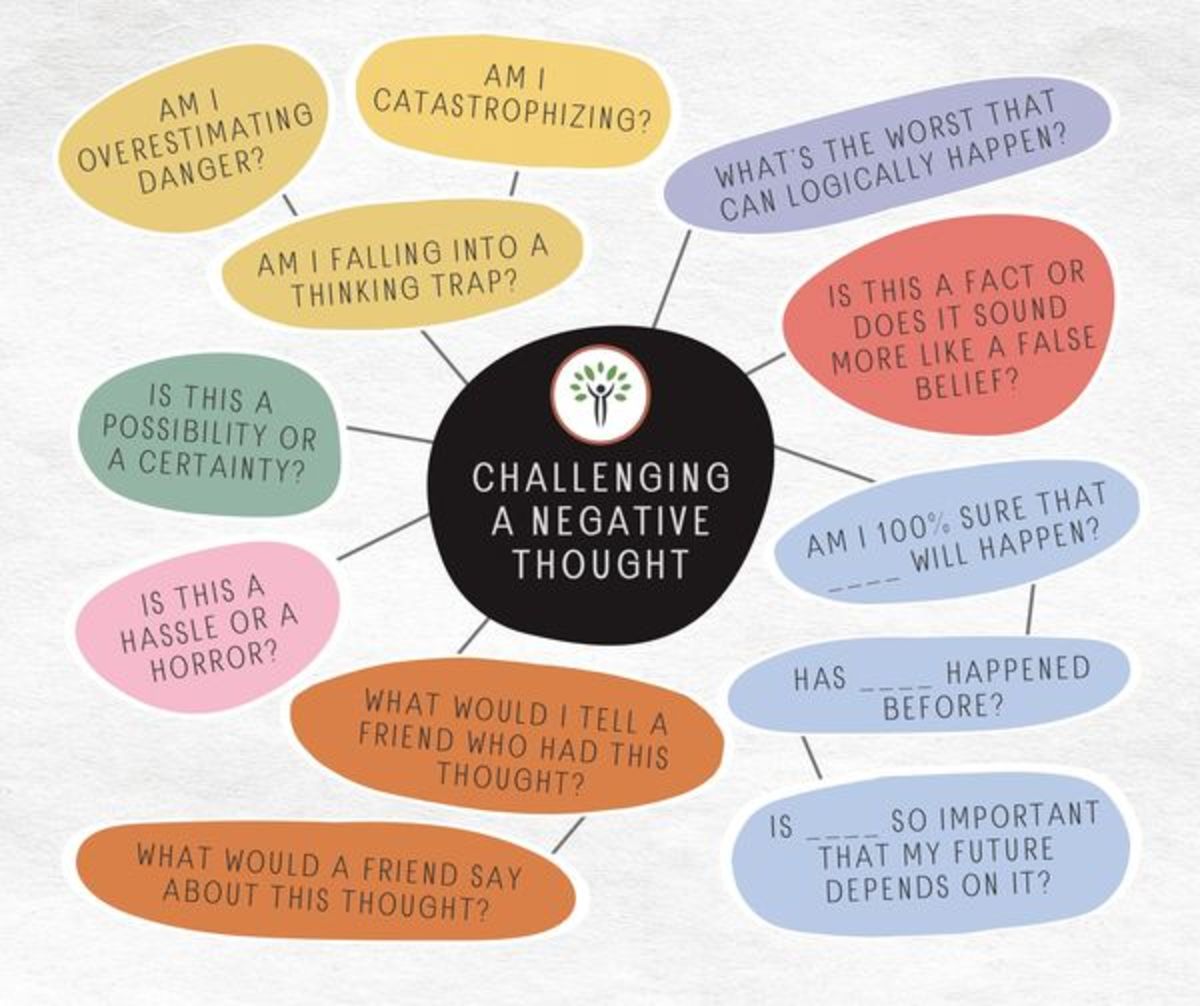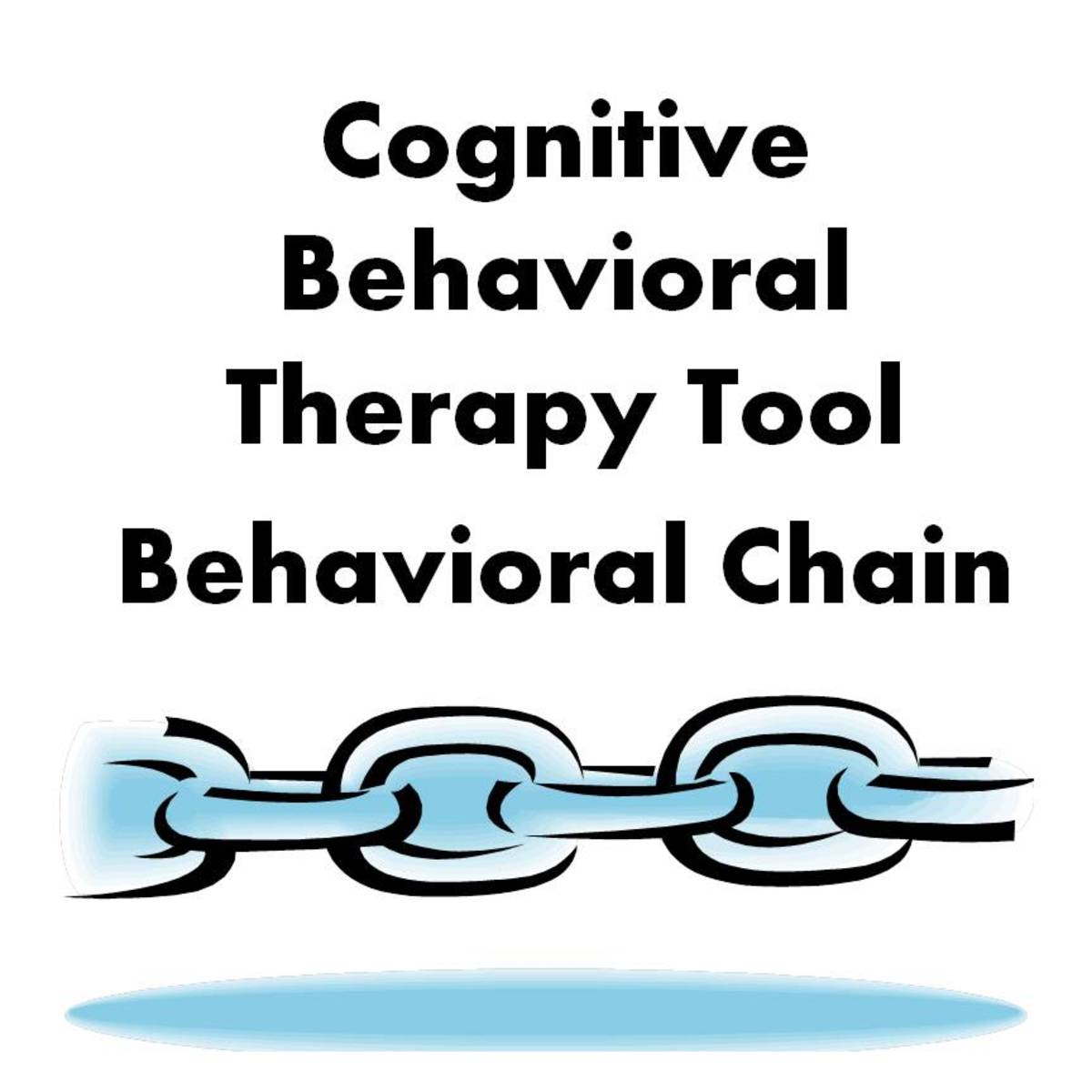- HubPages»
- Health»
- Mental Health»
- Mental Health Self-Help
What is a Lie?
As children, we probably all heard the saying, “Liar, liar pants on fire.” And there is also the quote by Sir Walter Scott, “Oh what a tangled web we weave, when first we practice to deceive.” We teach our children that deception is a terrible thing to do and yet we tend to do it ourselves. The very first book of the Bible addresses the subject of lying. God even says He hates a liar, and yet it has become a very big part of many people’s lives. Look at politicians, many have mastered it. We tend to brush off our lies by saying they are “white” lies or make excuses for lying by saying it was done in the best interest of others. However, problems do arise when we choose to lie.
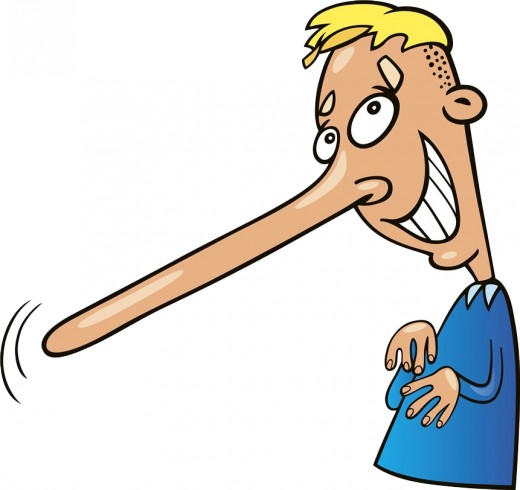
The White Lie
When we make a mistake or have been caught doing something we should not have been doing we might deny it. When confronted it is sometimes easy to say we were not involved. We see this happen a lot with children. The child’s face is covered in chocolate, yet they deny having eaten any. Often this becomes a joke and is laughed off or excused. This can cause the child to feel like he or she has gotten away with it. The next time, however, it may be something far more serious they try to get away with.
Adults often do this at work. You may claim you had nothing to do with a big mistake or breakdown when in fact you caused it. Not only can other co-workers get the blame, but it can create distrust between either the management and your co-workers or between you and the co-workers themselves. Especially if the co-workers know or are pretty sure of what really happened.
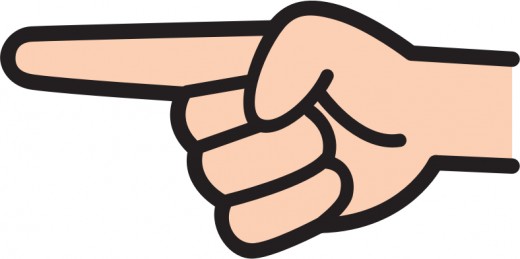
Shifting the Blame
We often see this in government. A politician makes a mistake or bad call and then makes excuses as to why it was an important thing to do or blames someone else for their reaction. Usually another politician. The mistake would not have been made if it were not for “this issue” or “person” they will say. It is also true that people will often claim ignorance of their mistake. If you know the truth and claim you were unaware it is still shifting the blame. This is something that often comes up in marital arguments. We do not want to lose the fight, so we put the blame back on the other spouse.
Again, we see this with children. “Joe did it!” a child might say while pointing the finger at his brother. Better to have someone else punished than take the blame and possible punishment. We can easily see how this could be a huge issue for people in business. I once had a series of lies told that eventually led me to lose a job. All for the sake of someone else not having to take the blame. A co-worker was supposed to give me information on a product. He gave me bad information multiple times. Soon I found myself in trouble and although I explained the situation the other person denied it all and said it was all on me. He was believed and I was let go. My job was over because someone shifted the blame. It’s not fair, but it happens all the time.

A Lie to Fit the Story
Sometimes people work things up in their mind. Maybe they are angry, sad, or anxious so they run scenarios. The imagination takes over and soon they believe their version of the story to be true. This can happen when you do not have the full story. You are left with unanswered questions and subconsciously need answers. In desperation to understand you create scenarios that might fit the current situation.
Once you have created this scenario you can come to believe it is true, especially if it cannot be confirmed. Then you may tell others about it as if it is truly what happened. You may also accuse someone of doing or saying something they did not. Unfortunately, your storyline is not true and not only causes damage to other people but can create hard feelings. It is even possible that once you have the full information you cannot believe it because your own storyline seems more plausible to you.
Lying to Protect a Friend
People are sometimes too loyal. Let’s say you see your friend or possibly a family member do something and then you are asked by a third party, who did it? You suddenly feel the need to cover for the friend and either say you do not know or make up a story so the finger will not point toward them. The problem with this is that it can and probably will fall apart. Not only can the friend be found out but now you are wrapped in by your lie. Even if the friend is never found out, you know what they did and you probably feel guilty about lying. At least I hope you would.

Peer Pressure Lies
Something happens and all your friends, classmates, or coworkers decide it is best to keep it quiet. They all make a pact of some sort to not let on. Suddenly you feel pressured into going along or become the “snitch”. These are loose webs to be in because eventually someone usually decides they cannot take the pressure and tell the truth. When this happens, you get dragged down along with everyone else. The longer the lie goes on the worse the betrayal or punishment often is. If everyone does remain quiet there is often still a lot of tension related to it.
Lazy Lie
Avoiding making the effort is a common lie. This type of lie happens when you do not want to do something. Things like the following are said, “No, I am sick today can’t do it.”, “I have to do homework so I cannot do chores.”, or something like, “I am really bogged down with work today, can Sue do it?”. You can surely think of a lot more examples. Whatever it is, we just do not want to do it, so we make up a story to get ourselves out of it. The problem is that most people see right through these types of lies and say nothing. Lies like this often give us a reputation of being either a procrastinator or lackadaisical.
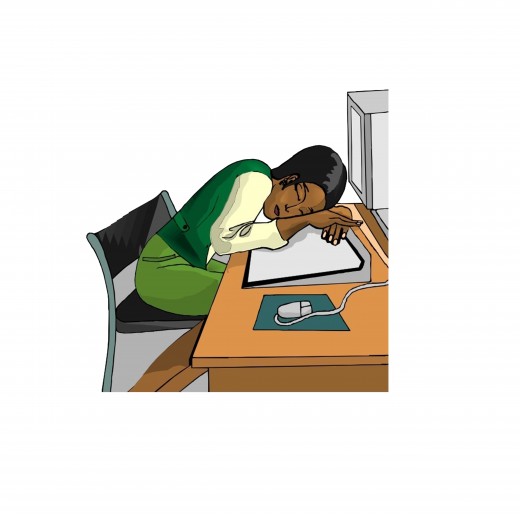
Lies can become a habit and ultimately cause distrust or stress. Who wants to hold on to all that deceit anyway? Lies must be remembered and it’s easy to say something truthful that messes up your lie. That alone gets many people caught. It is so much easier to just tell the truth.
© 2019 Lorelei Nettles


